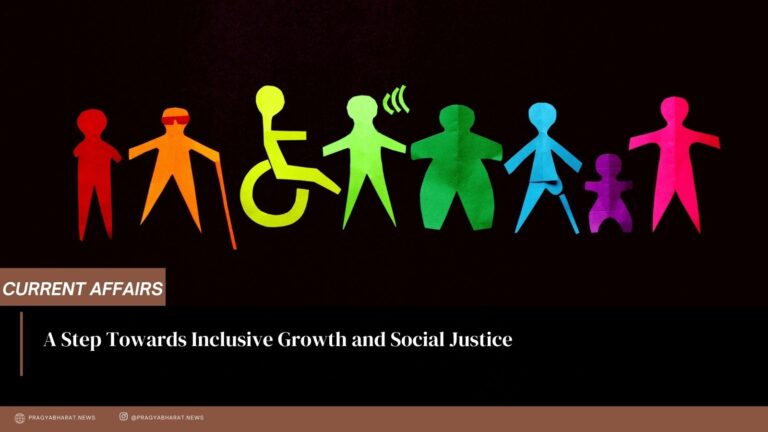The verdict of the Punjab and Haryana High Court invalidating the Haryana State Employment of Local Candidates Act 2020 has far-reaching implications for the state’s employment policies. Aside from the legal implications, the ruling sparks an essential discussion about the intersection of politics, law, and economic growth, calling into question the delicate balance between regional representation and business efficiency.
In a landmark decision, the Punjab and Haryana High Court struck down a Haryana law that sought to provide 75% reservation in private sector jobs exclusively for state residents. The Haryana State Employment of Local Candidates Act 2020 was declared unconstitutional by a two-judge bench, citing violations of fundamental rights under Articles 14 and 19 of the Constitution.
“We are of the considered opinion that the writ petitions are liable to be allowed and The Haryana State Employment of Local Candidates Act, 2020 is held to be unconstitutional and violative of Part III of the Constitution of India and is accordingly held ultra vires and the same is ineffective from the date it came into force,” according to the order of the court.
The law, which went into effect on January 15, 2022, sought to reserve 75% of private-sector jobs for candidates from the state, with positions offering a maximum gross monthly salary or wages of Rs 30,000. Various industrial associations, however, opposed the law, resulting in legal challenges.
Several industrial associations lobbied against the law, expressing concerns about its potential impact on business efficiency and competitiveness, as well as the drag on overall economic growth.
The Haryana State Employment of Local Candidates Bill was approved by Governor Bandaru Dattatreya in March 2021. The Jannayak Janta Party (JJP) made a critical political promise during the 2019 assembly elections: 75% job reservation in the private sector. Following the elections, the JJP formed a coalition government with the BJP.
The decision of the court has disappointed many people. This law was a commitment to the people of Haryana to ensure opportunities for local candidates in various private sector companies, societies, trusts, limited liability partnership firms, partnership firms, and any person who employed 10 or more people in Haryana on salary, wages, or other remuneration for manufacturing, carrying on business, or rendering any service. Jobs with a maximum gross monthly salary or wages of Rs 30,000 are covered.
The court’s decision has legal ramifications, but it also represents a political setback for both the JJP and the BJP, as it calls into question a significant electoral promise made to the people of Haryana. The decision calls into question the constitutionality of such reservation policies in the private sector. It emphasizes the delicate balance between providing opportunities for local candidates and fostering a business-friendly environment that promotes economic growth.
Moving forward, the government may need to reconsider its approach to job reservations, considering the concerns raised by unions and ensuring compliance with constitutional principles.

















